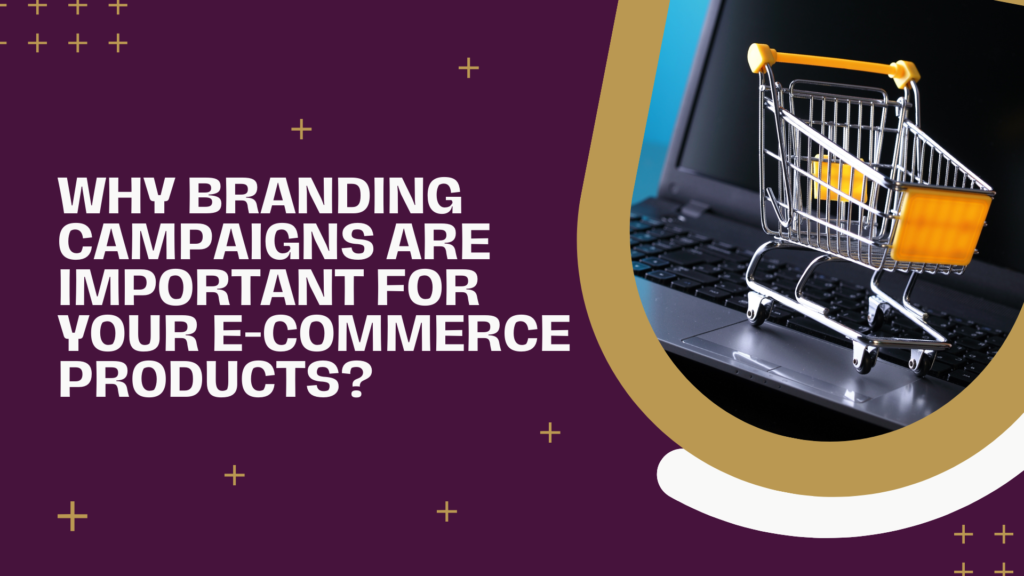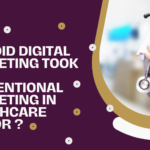Shark Tank has become synonymous with start-up success. The show has helped hundreds of start-ups gain recognition & substantial revenue growth. The phenomenon is quite remarkable: a single TV episode can turn the tables for a business and its competitors.
- Shark Tank Effect
Do people buy products the next day after watching Shark Tank? Often, yes. After an episode airs, viewers search for the brand online, leading to a sales spike. - The Power of Exposure
Millions learn the brand’s name, search for it on Google post the episode airing, and click on ads or website links, leading to potential purchases. Running ads ensures these clicks convert into revenue. - **Case Study: Flatheads Shoes
Consider Flatheads Shoes, which launched a limited edition – the Flatheads NOT OUT collection of 900 shoes. Within 60 hours of their Shark Tank episode airing, they received 813 pre-orders. - Beyond Shark Tank: YouTube
Many start-ups still struggle with data and pitching, often handling it at a more grassroots level. So, what else can they do? Enter YouTube! - Power of YouTube Ads
YouTube video ads can have a similar impact as Shark Tank. Users see branding video ads, become intrigued, and search for the brand on Google drawing potential sales.
When it comes to branding and conversion, digital marketing agencies excel. These skilled professionals understand how to drive sales and elevate your brand’s visibility to the right audience. It’s no surprise that many startups rely heavily on digital marketing to boost revenue. Their expertise in strategies such as SEO, social media management, and targeted advertising helps businesses stand out and achieve their growth objectives.
Remarketing, targeting the right audiences, and adjusting metrics like CTR (Click-Through Rate) and CPM (Cost Per Mille) are crucial strategies in digital marketing that can be unfamiliar to many vendors. These techniques involve analyzing and optimizing data to improve campaign performance and ROI. Remarketing focuses on re-engaging users who have previously interacted with your brand, while targeting the right audiences ensures that your ads reach the most relevant potential customers.
Once people start visiting your website you can retarget them with ads across different online channels. At this point, you know your visitors are at least a little bit curious about your brand or products. Now that your audience knows who you are, retargeting ads aim to provide them with more information and pull them further down the sales funnel. You could also use retargeting to encourage loyal customers to buy from you again or remind people they’ve abandoned their shopping cart.
Adjusting metrics such as CTR and CPM helps in refining strategies to maximize efficiency and cost-effectiveness. Understanding and leveraging these metrics can significantly enhance a vendor’s digital marketing efforts.
Agencies have a dedicated team of experts who excel in handling complex digital marketing tasks. They understand the challenges and offer tailored solutions to address them effectively. While their services come with a cost, the investment can lead to improved ROI over time. By leveraging their expertise, agencies can enhance your marketing efforts, optimize campaigns, and drive better results, making the initial expense worthwhile for long-term growth and success.
Heads up! We are Croccle, we treasue the Digital.
We help start-ups and emerging businesses to drive clicks into revenue.
Feel free to connect with us
Web – https://www.croccle.com/
Email – info@croccle.com - Branding Support with Croccle
If you’re struggling with branding, Croccle can help. We specialize in creating impactful branding strategies that can boost your visibility and drive sales. Connect with us now, or simply DM us to learn more. - We are experts: We bring specialized knowledge and experience in various aspects of digital marketing, including SEO, PPC, content creation, and social media management, ensuring that your campaigns are handled by professionals.
- Strategic Planning: We develop and execute comprehensive marketing strategies tailored to your business goals, helping to maximize effectiveness and achieve desired outcomes.
- Up-to-Date Techniques: We stay current with the latest trends, technologies, and best practices in digital marketing, ensuring that your strategies are innovative and competitive.
- Scalability: We efforts according to your business needs, adapting strategies and resources to match changing demands and goals.
- Data-Driven Insights: We utilize data analytics to track performance, measure success, and make informed decisions, optimizing campaigns for better results.
- Creative Solutions: We offer fresh perspectives and creative solutions, helping to differentiate your brand and capture the attention of your target audience.
Ecommerce advertising involves paying for ad placements on paid media channels. Shopping ads are ideal for ecommerce businesses. They help customers compare your products against competitors and they’re super visual—ideal for quickly showing off your wares. Channels like Google and Amazon offer shopping ads. They’re often tailored to a person’s shopping history and can appear in search results and in recommendations (think of the ‘recommended’ products section you see on Amazon).
The goal is to promote your products, drive traffic to your website and increase the overall profits of your business. In this post, we’ll be talking about online advertising—though some ecommerce brands may choose to try offline advertising (like buying ad spots in printed magazines and billboards).
It is crucial for vendors to prefer selling through e-commerce platforms, Instagram, and Meta (formerly Facebook) for several reasons:
- Convenience: E-commerce platforms and social media allow customers to shop from anywhere at any time without the need to visit physical stores.
- Social Proof: Social media platforms like Instagram and Meta showcase user reviews, testimonials, and influencer endorsements, which can build trust and influence buying decisions.
- Instant Access: E-commerce sites and social media platforms often offer immediate access to products and promotions, including limited-time offers and exclusive deals.
- Interactive Features: Features like shopping tags on Instagram and interactive ads on Meta make it easy for users to discover and purchase products directly from their feeds.
- Streamlined Checkout: Many platforms offer simplified and secure payment options, including one-click purchases and integrated payment systems, reducing friction in the buying process.
- Social Integration: Social media platforms integrate shopping experiences with social interactions, allowing customers to see what their friends and influencers are buying and recommending.
- Customer Support: E-commerce and social media platforms often provide easy access to customer support through chatbots, messaging, and direct communication, enhancing the overall shopping experience.
These factors contribute to the growing preference for online shopping through e-commerce platforms and social media channels.



